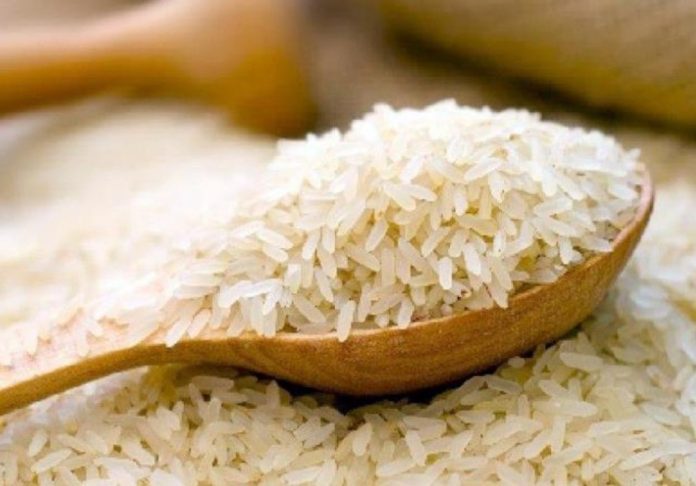News in brief: South Korea is set to sign agreements with eight African nations to enhance rice production and self-sufficiency as part of the K-Ricebelt Project. With a pledge to revamp its foreign policy, South Korea aims to play a more active role in global affairs and address concerns over food security in Africa.
South Korea is to sign an agreement with eight African nations within the week to help improve rice production and self sufficiency. The decision was disclosed to Reuters by the countryâs Agriculture Minister, Chung Hwang-Keun, who said President Yoon Suk Yeol gave the directive.
The move is part of the K-Ricebelt Project, announced earlier this year, and would see the East Asian high-tech country building facilities in selected African countries such as: Ghana, Guinea, Guinea-Bissau, Gambia, Senegal, Cameron, Uganda and Kenya.
This project is in line with South Koreaâs pledge to revamp its foreign policy, making it a global pivotal state playing a more active role in world affairs.
The countryâs Agriculture minister disclosed that the move is also a response to direct African officials’ pleas for help during several visits to the continent. It is a significant move in the light of concerns over food security on the African continent.
Rice is a staple in Sub-Saharan Africa. However local production hardly exceeds 60% of demand, according to the Economic Community of West African States (ECOWAS). Thus, it exposes the region to global price volatility and trade disruptions.
South Korea plans to spend $77 million on the food project over the next four years, according to an agriculture ministry official. The objective is to distribute 10,000 tons of rice seeds every year from 2027.
Minister Hwang-Keun revealed that his home country has been able to produce enough rice to meet more than 90% of local demand. And although it still depends heavily on some other food imports, its rice production capacity is enviable.
South Korea’s economy ranks 13th-largest by nominal gross domestic product (GDP) and it places 19th globally on the United Nations Development Programme (UNDP) Human Development Index (HDI).
Agriculture ministers from the participating countries will meet in Seoul to sign agreements on the project by July 10 2023. The visiting African ministers will also visit rice processing plants, smart farms and farming equipment manufacturing facilities in Korea.
Marian Sunhee Yun, the director of World Food Programme (WPF) Korea office, lauded the move in a statement. She said that the K-Rice Project will bring outstanding rice varieties and help small farmers in Africa overcome climate crisis.



